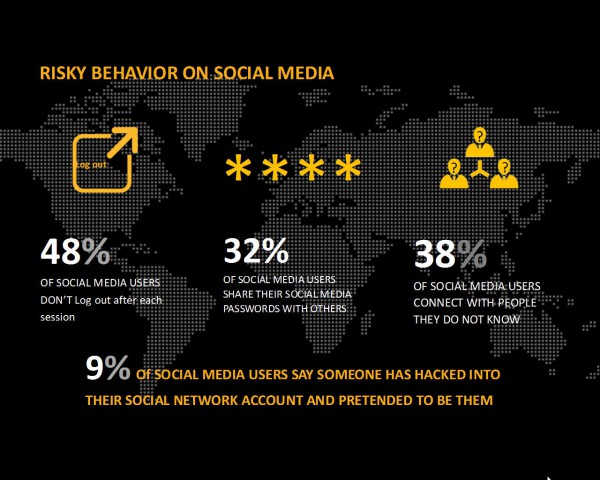
Many of us are so attached to our mobile devices that we take them to bed with us, but we're failing to take basic security precautions. This is among the findings of the 2013 Norton Report.
The report shows that whilst the number of online adults who have experienced cybercrime has fallen, the average cost per victim is up by 50 percent. In the UK, however, the cost per victim has fallen, down from £144 in 2012, to £101 in 2013.
"Globally, the cost per victim is up," says Sian John, security strategist at Symantec. "But in the UK the cost is down quite significantly. This is due to cybercriminals shifting tactics, perhaps as Brits become more aware of scams. Criminals also use tactics where there is a lower cost per head to victims, as they believe scams like this have a higher chance of escaping notice, and as the number of victims has remained static, they are clearly still making money from online fraud".
Most worrying though are the findings for mobile devices. While nearly half of those surveyed are so attached to their mobile devices that they sleep with them it seems that they're doing so without using protection. Forty-eight percent of smartphone and tablet users do not take even the basic precautions such as using passwords, having security software or backing up files from their mobile devices. The same percentage don't log out after each session and 32 percent admit to sharing their social media password with others.
"If this was a test, mobile consumers would be failing," says Marian Merritt, Internet Safety Advocate at Symantec. "While consumers are protecting their computers, there is a general lack of awareness to safeguard their smartphones and tablets. It's as if they have alarm systems for their homes, but they’re leaving their cars unlocked with the windows wide open".
Since 49 percent use their devices for both personal and business this potentially exposes more information to cybercriminals. Because one in five also accesses their social network on their work phone, Symantec has warned that hasty social media updates and snaps, dubbed "auto-pilot posting," are putting personal and professional privacy at risk.
John explains, "Whether we’re at home or in the office, it’s become second nature to pop a quick update or picture on our social profiles. The information we share can be completely harmless, but the danger lies in the fact that the action has become automatic. When we’re on auto-pilot, it takes mere seconds to post something online. Yet with so many different accounts on one device, public and private, it’s easy to address the wrong person and run into trouble".
The Norton Report (formerly known as the Norton Cybercrime Report) is one of the world's largest consumer cybercrime studies, based on self-reported experiences of more than 13,000 adults across 24 countries, aimed at understanding how cybercrime affects consumers, and how the adoption and evolution of new technologies impacts consumers' security. You can find out more at www.symantec.com.
Photo Credit: Shumilina Maria/Shutterstock
via BetaNews http://feeds.betanews.com/~r/bn/~3/viSfC6uUplU/

Aucun commentaire:
Enregistrer un commentaire